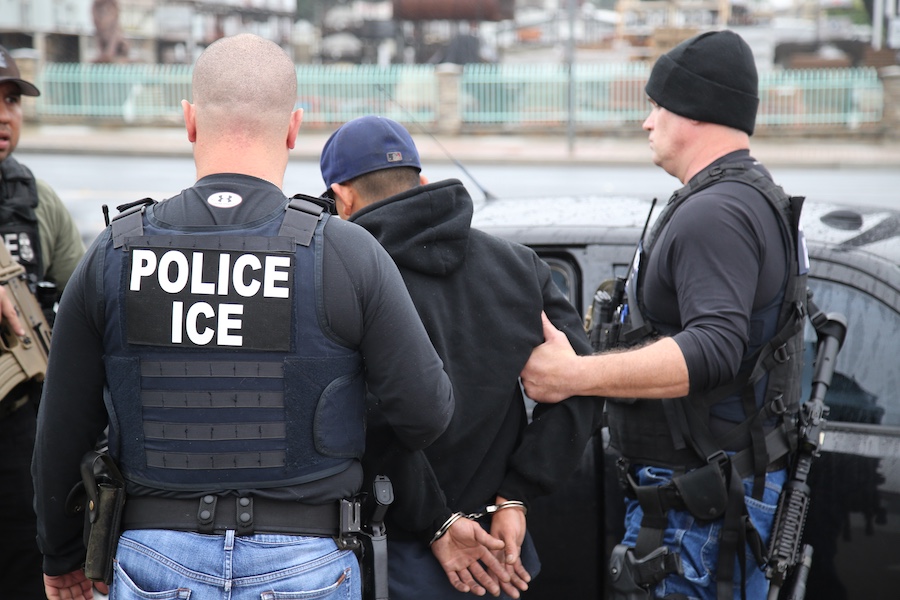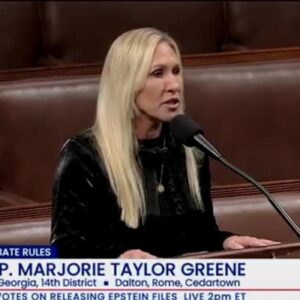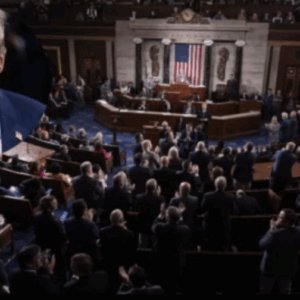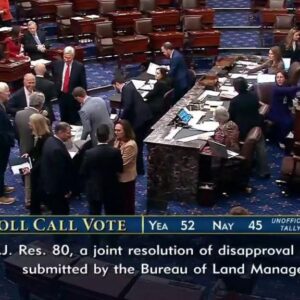A recent ruling by a federal judge in Cook County has sparked significant — and heated — debate over the enforcement of immigration laws and judicial authority. U.S. District Judge Jeffrey Cummings issued an order forbidding Immigration and Customs Enforcement (ICE) agents from making arrests at courthouses unless they have a warrant, threatening consequences for disobeying the order.
The majority of Judge Cummings’s order centers around the idea of “collateral arrests.” For those unfamiliar with the phrase, it refers to apprehending people in the United States illegally who aren’t the main subjects listed on an arrest warrant.
CONTINUE READING
In other words, agents show up to a courthouse to arrest a specific named individual on an arrest warrant, but come across a couple of other illegal aliens and also take them into custody. Judge Cummings says a courthouse should be a safe place for all, where folks can attend legal proceedings without fear of arrest.
The ruling said, “The fair administration of justice requires that courts remain open and accessible, and that litigants and witnesses may appear without fear of civil arrest.”
Cummings believes that the legal process could be compromised if individuals are afraid to attend court proceedings due to fear of being detained by immigration enforcement officials. The judge made it clear in the order that any ICE agents who violate it could face stiff penalties.
Legal experts say the ruling raises important questions about the balance of power between judicial authority and federal law enforcement in the immigration context.

The Department of Homeland Security is pushing back against Cummings’ order. The agency issued a statement addressing the matter, noting the practical implications of such an order and arguing that there are no “legal sanctuaries” for individuals who have violated U.S. immigration laws.
According to DHS, the U.S. Constitution does not prevent law enforcement agents from arresting people where they are found, including in courthouses. Some have pointed out that Cummings’ order is not an isolated instance, but is part of what is being called “judicial tyranny.”
Officials believe judges are crossing lines and interfering with the enforcement of immigration laws. They state that law enforcement agencies need to be free to operate effectively, especially in locations where illegal immigration has become a major issue.
The order will place ICE officers under close scrutiny and could have a drastic negative impact on their ability to perform their duties. Legal analysts say the ruling raises important questions about the relationship between courts and federal law enforcement agencies amid heightened sensitivity over a pivotal aspect of national security.






